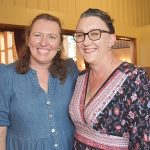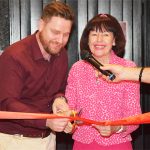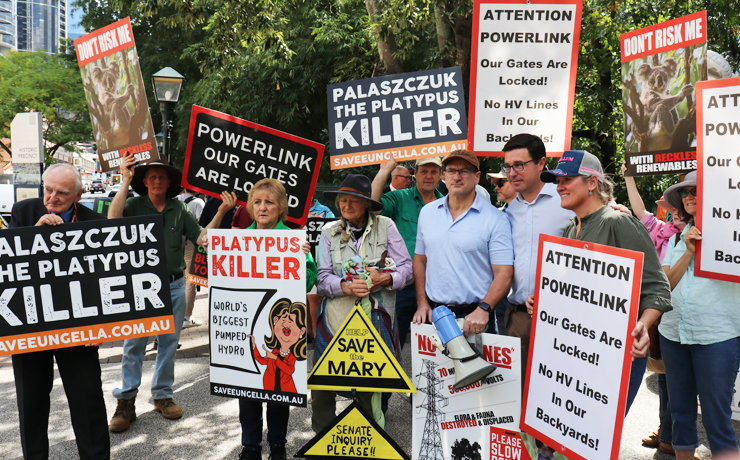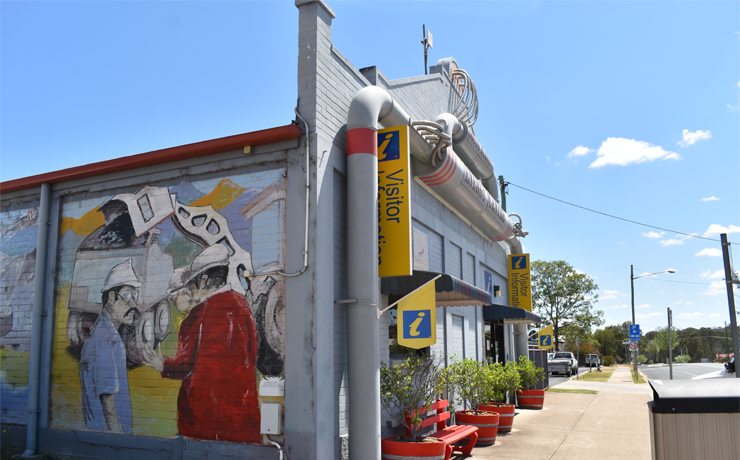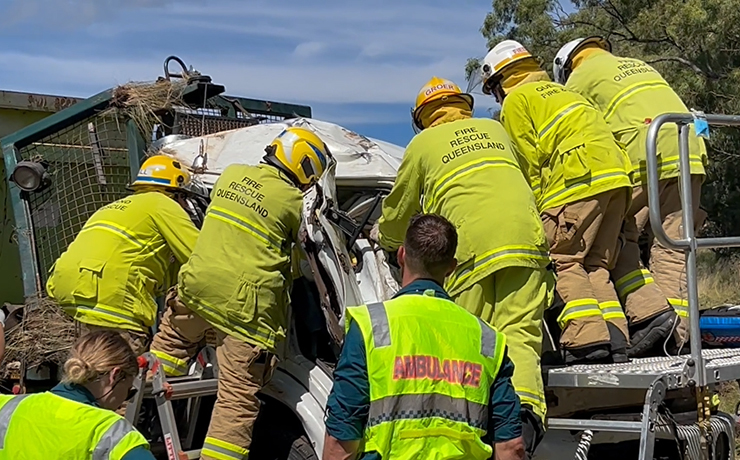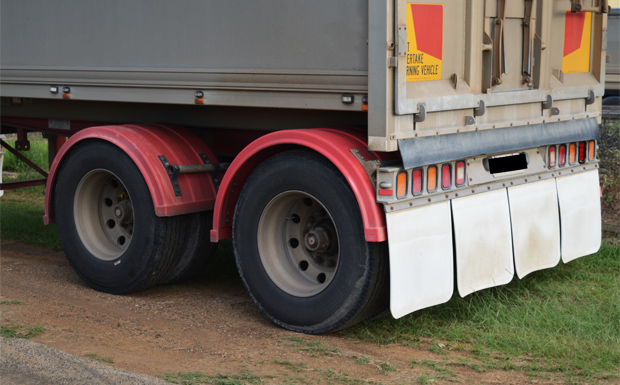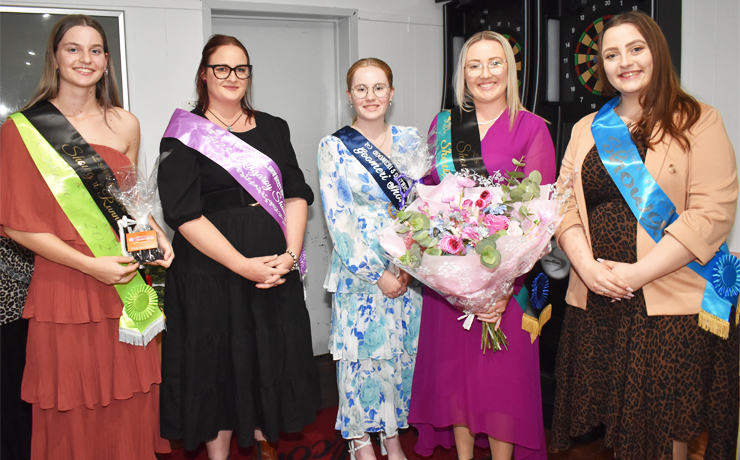
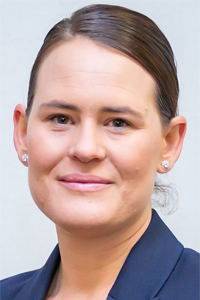
July 20, 2022
Domestic violence, homelessness, rural GP shortages and glaring holes in Queensland laws covering renewable energy projects are just some of the topics South Burnett councillors will raise at this year’s LGAQ State Conference.
Others include the lack of investment in core infrastructure to help regions grow; inadequate payments to councils for highway maintenance that have not risen in 14 years; the need to develop regional university campuses to provide easily accessible education opportunities to rural youth; and the need to toughen up laws surrounding renewable energy projects.
The annual conference – which this year will be held at the Cairns Convention Centre on October 17-19 – draws representatives from all of Queensland’s 77 councils.
It allows councillors to meet and discuss issues of common concern, then move motions that are later submitted to the State and Federal Governments.
This year the South Burnett will be represented at the State Conference by Mayor Brett Otto; Deputy Mayor Gavin Jones; councillors Scott Henschen, Kirstie Schumacher and Jane Erkens; and CEO Mark Pitt PSM.
At Wednesday’s meeting, Councillors voted on the motions the South Burnett will submit to this year’s State Conference.
This year, they are:
1. That the LGAQ advocate for more funding for domestic violence (prevention) in rural, regional and remote areas as more allocation of funds is needed for counsellors and ground support for all people in a DV situation including the people and organisations that support them.
2. That the State Government amend the Windfarm Code 23 and Solar Farm code guidelines to regulate broader community consultation and social licence to operate requirements.
3. Call on the State Government to increase the Road Maintenance Performance Contracts funding to cover the significant number of unfunded defects that exist in the state network rural/regional councils so as to better reflect the transport asset maintenance requirements.
4. That the State Government invest and back the LGAQ housing action plan and prioritise funding for social and affordable housing outcomes in regional Queensland.
5. That the State Government develop and invest in core trunk infrastructure that is impeding growth in housing in regional Queensland.
6. That the State Government develop a process of advocacy to the Australian Government in relation to regional university centres across rural Queensland.
7. That the State Government make representation to the Federal Government in relation to increasing primary health care services (general practitioners) across suburban and regional Queensland.
8. That the State Government seek a suitable decommissioning bond that will be held in trust for the eventual rehabilitation of renewable energy sites; that this condition be met prior to the commencement of any construction; and the bond will not be discharged without consultation with the relevant council.
9. That the State Government ensure developers of energy projects have to demonstrate authentic community engagement that seeks to actively involve community members in the design and decision-making process around new developments, including liaising with council as to appropriate sites and discussions occurring in the community.
10. That the State Government seek a community contribution fee to be paid by the developers of energy projects to provide a community benefit contribution to a common fund established and solely managed by the individual council; and that this community contribution should be 1.5 per cent of the build cost of the project.
Two of the motions (GP shortages and RMPC contracts) were proposed by Cr Kathy Duff, and the last three motions were proposed from the floor by Cr Kirstie Schumacher.
Cr Duff said the shortage of rural GPs was an issue of concern in the South Burnett but affected most rural and regional areas in Queensland.
She also thought the State Government needed to take a fresh look at what it paid councils for highway repairs, particularly in light of recent steep increases in road-making materials.
Cr Schumacher told the meeting her motions had come from conversations she had with residents who were concerned about solar and wind farm developments in the region, and her own research into current laws surrounding renewable energy projects.
All 10 motions were accepted unanimously.
* * *
Toowoomba Regional Council will also submit three of its own motions to the Cairns conference.
The motions were agreed at Tuesday’s Ordinary Meeting and cover cyber-security; community health factors when considering land use planning matters; and improving regional biosecurity through the provision of appropriate effluent disposal and wash-down facilities for livestock trucks.
Toowoomba Region Mayor Paul Antonio said the three motions were strategic items that could benefit local governments right across Queensland.
“Cyber security is such an important focus for all local governments and TRC’s motion calls on the Federal and State Governments to investigate a shared services model to improve cyber security management in an effort to centralise policy, design and monitoring for emergency response preparedness to protect local government infrastructure.
“The second motion proposed by TRC calls on the State Government to include in the Ministerial ‘Development Assessment Rules’ the topic of public health as a consideration in local governments’ determination of planning applications.
“When considering a land use application for consumable products such as take-away food, Councils across Queensland are currently hamstrung in not being able to consider public interest matters like potential health impacts to the local community and as such can only make decisions or recommendations on normal merit-based planning grounds.
“There are overseas examples where local governments can, for instance, make decisions on matters like a fast-food outlet being located away from community facilities such as schools that are not currently afforded to local governments in Queensland. This motion seeks the State’s approval for local governments to consider matters such as this.
“TRC’s third motion calls on Federal and State Governments to fund and implement appropriate effluent disposal and wash down facilities for livestock trucks to support our agricultural sector and mitigate increasing bio-security risks.
“There is a significant need for these types of facilities right across Queensland with current facilities very limited. With Foot and Mouth Disease right on our doorstep, now is the time for Federal and State Governments to improve these facilities to better protect Queensland’s agricultural sector.” .







